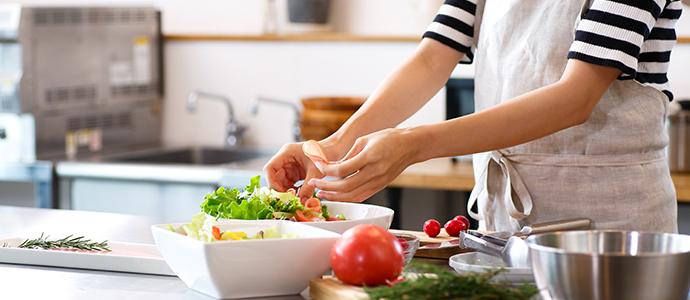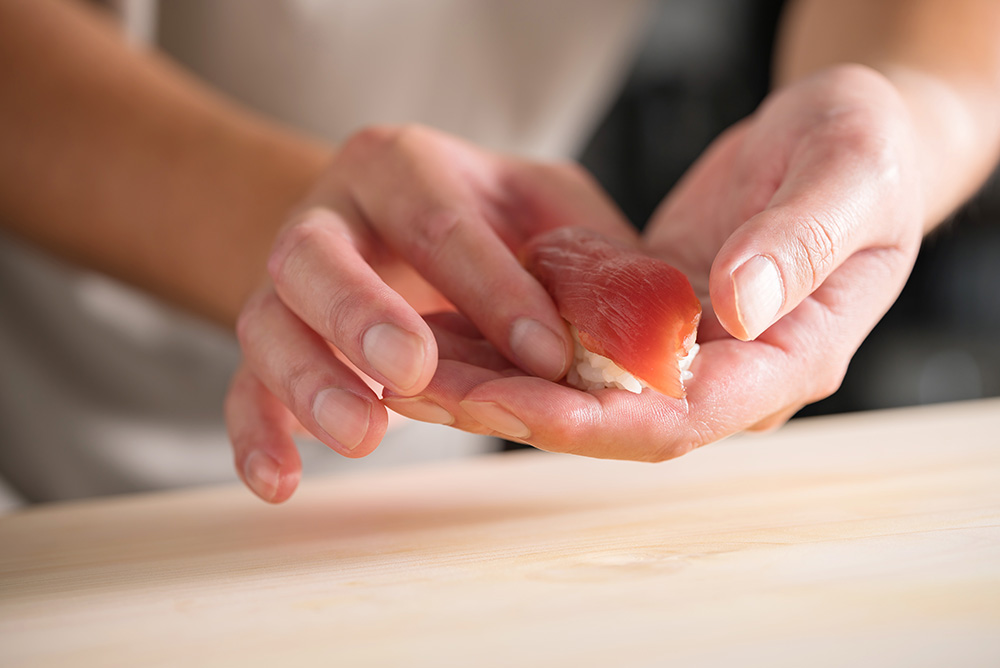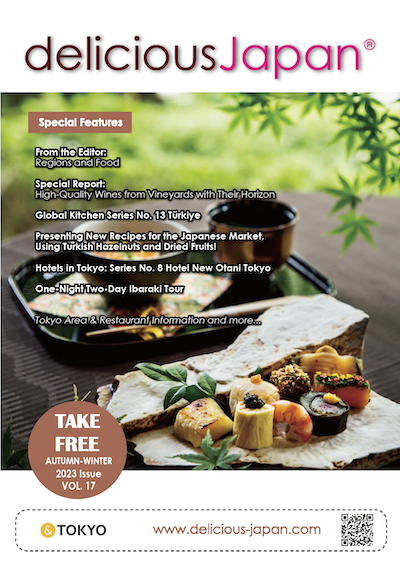
The Coronavirus Crisis has Changed the Business and Value of Food
In 2020, the explosive spread of the novel coronavirus shook the world. Covid-19 rocked Japan and the world, and has transformed the value of food and how we do business.
Food as Medicine
Health was already growing in prominence, and the pandemic crisis has drawn more and more attention to it. Meals are what control the state of our health from day to day. It has become clear that lifestyle diseases raise the risks of Covid-19 infection, and interest in measures against obesity and diabetes is rising. Services have already been launched which suggest meals on the basis of the user's genes, gut microbiome, and vital data, as well as products such as complete nutrition foods. The values of health and disease avoidance will keep on gaining prominence, with more importance being attached to food as medicine.
Food Waste Solution
The slump in the food service industry in Japan has triggered a situation in which commercial farmers cannot ship their produce to market with good timing. Moves to deal with this situation, by using fast freezing to improve shelf life, and marketing produce as frozen fruits or smoothie ingredients, are attracting attention. Farmers are fast-freezing produce such as surplus strawberries so that they can be sold as frozen sweets. Farmers' efforts to try novel sales methods and broaden ways of eating their produce are earning praise.
Home Cooking for Reconnecting and Relaxing
Now that it's harder to eat out, it's increasingly common for husbands and wives, and parents and children, to cook meals together. People are increasingly interested in enjoying the process of cooking together, like going to the supermarket as a family to buy ingredients, then peeling potatoes together. Cooking appliances are also selling well. People with no experience of cooking have started signing up for livestreamed online cooking classes. Content that relays chefs' cooking processes are another welcome service for people living with restrictions on going out.
The Expansion of Alternative Proteins
Sales of plant-based meat substitutes are strong in the US retail market. Expectations are rising for the development of cultured meat, because it does not require the raising of large numbers of livestock. Cultured meat as a technology is in the spotlight for its efficiency, because chunks of meat can be cultured in a few weeks, instead of the two to three years it takes to grow beef cattle. Another attraction is that no pasture land is required, so production and consumption locations can be brought closer together, and it is easier to adapt production to demand. In Japan, Nisshin Food Products HD and Tokyo University are working on increasingly high-profile joint research on cultured steak.
The Potential of Food Robots
Food robots are a machine solution to support restaurant operations. They can offer a wide range of assistance. Other than types that handle restaurant back room jobs such as preparing, serving, and washing, some robots are coming out front, to serve dishes and clear tables. Food robots also have an entertainment aspect, showing cooking processes to diners for their amusement. They will also provide value in areas of food safety and transparency as Covid countermeasures. Covid-19 has had huge negative impacts on our lives and on society, but at the same time, it is ushering in outstanding opportunities to reconsider the value of food, how we handle it, and how we think about it. Those changes are certain to generate new business opportunities.





